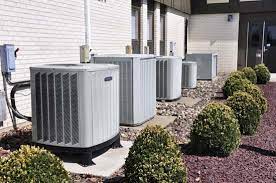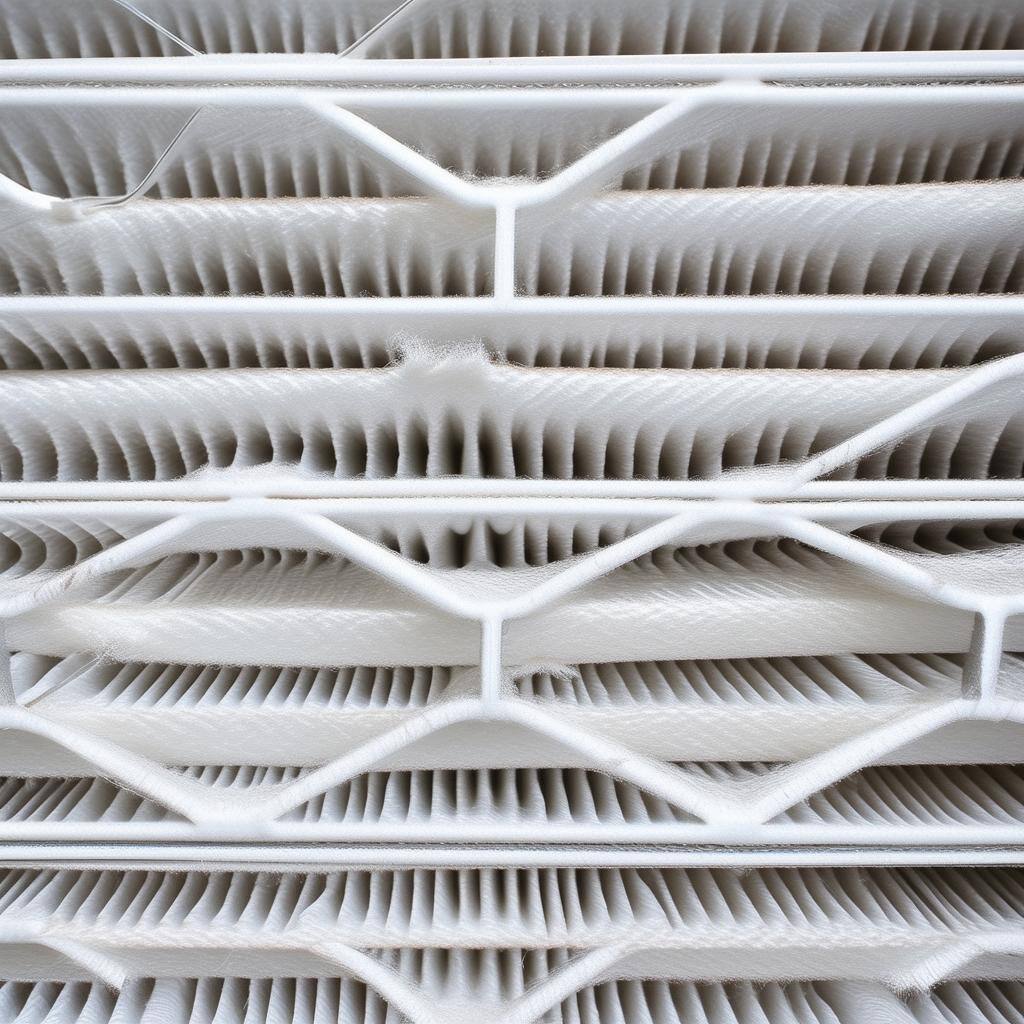
Flushing Your Water Heater
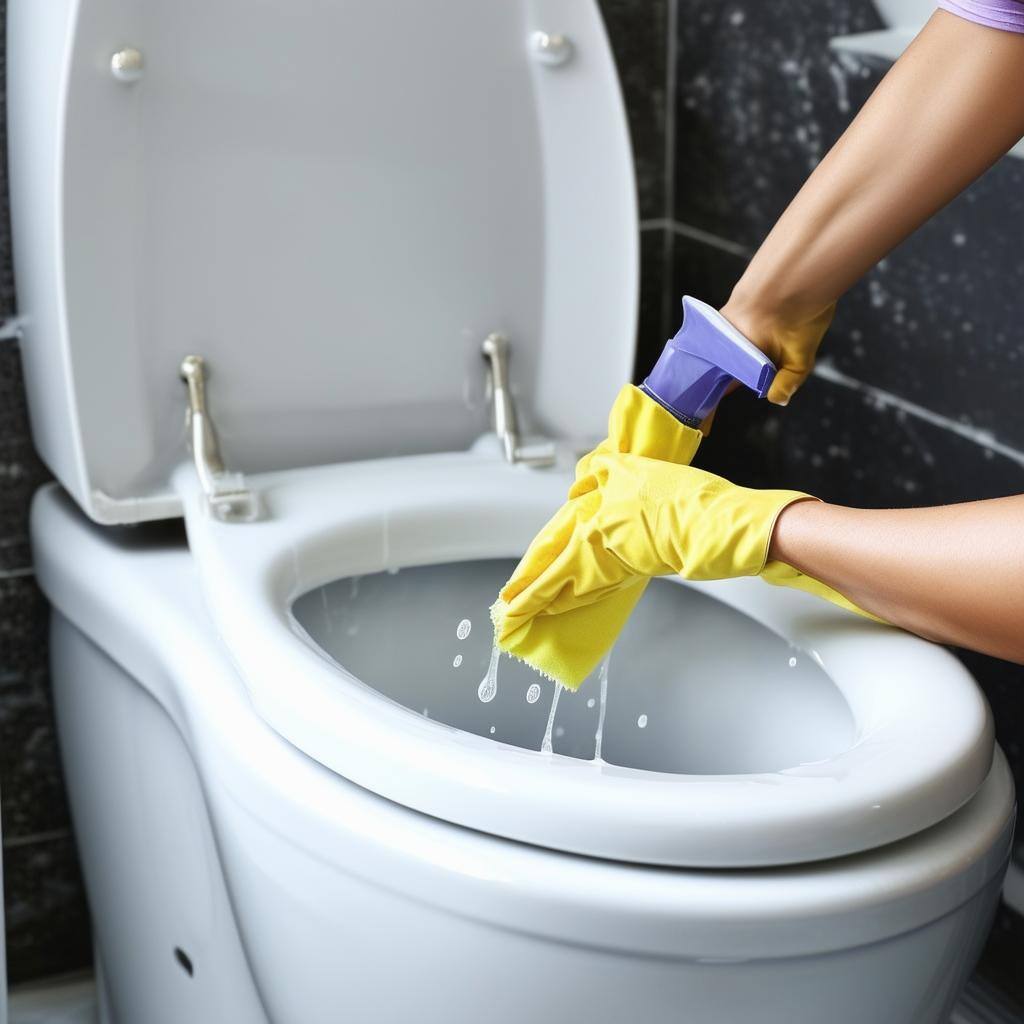
Cleaning the Toilet Tank
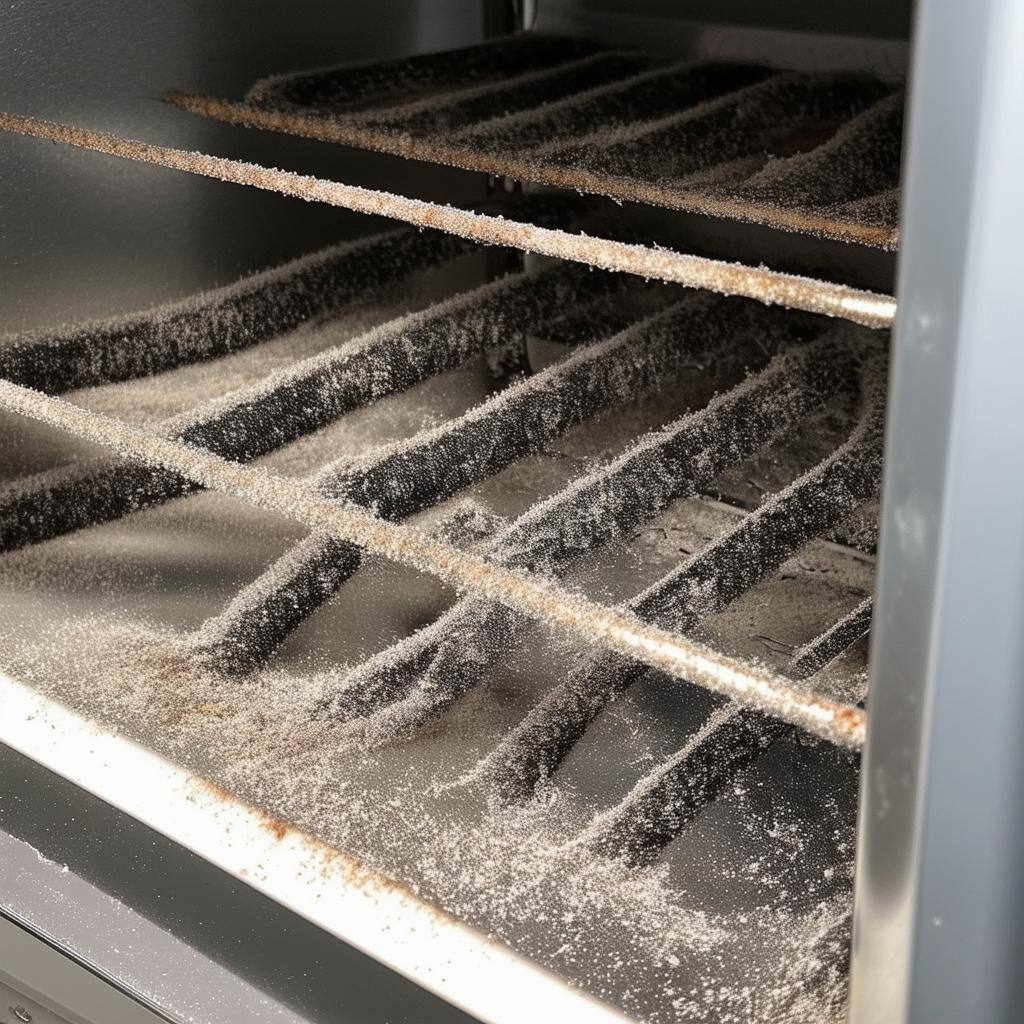
How To Vacuum Refrigerator Coils
Understanding Plumbing in Your Home: A Comprehensive Guide
Plumbing is an essential system in any home, responsible for providing clean water, removing waste, and ensuring the comfort of daily living. This article will explore the basics of residential plumbing, its components, common issues, maintenance tips, and when to call a professional.
What is Plumbing?
Plumbing refers to the system of pipes, fixtures, and appliances used for the distribution of water, gas, and the removal of waste. It encompasses everything from the water supply lines and drainage systems to the faucets and toilets in your home.
Learn More Below for Key Components, Common Issues, Maintenance Tips, & When to Call a Pro!
Key Components of Home Plumbing
-
Water Supply System:
- Pipes: Carry fresh water into your home. Common materials include copper, PVC, and PEX.
- Valves: Control the flow of water and allow you to shut off water to specific areas if needed.
- Faucets and Fixtures: Provide access to water in sinks, tubs, and showers.
-
Drainage System:
- Drains and Waste Pipes: Remove wastewater from fixtures and appliances.
- Traps: Prevent sewer gases from entering your home by holding a small amount of water.
- Vent Pipes: Allow air to enter the plumbing system, ensuring proper drainage and preventing siphoning of traps.
-
Water Heater:
- Provides hot water for bathing, cooking, and cleaning. Types include tankless, traditional tank, and heat pump water heaters.
-
Sump Pump:
- Removes excess water from basements or crawl spaces, preventing flooding and water damage.
Common Plumbing Issues
-
Leaky Faucets:
- Dripping faucets can waste significant amounts of water and may indicate a worn-out washer or O-ring.
-
Clogged Drains:
- Hair, grease, and food particles can accumulate, leading to slow or blocked drains.
-
Running Toilets:
- A toilet that doesn’t stop running can waste water and increase your utility bills, often due to a faulty flapper or fill valve.
-
Low Water Pressure:
- Can be caused by mineral buildup in pipes, leaks, or issues with the municipal water supply.
-
Water Heater Problems:
- Issues like no hot water, strange noises, or leaks can indicate a malfunctioning water heater.
Maintenance Tips for Your Plumbing System
-
Regular Inspections:
- Periodically check for leaks under sinks, around toilets, and behind appliances.
-
Clean Drains:
- Use a drain strainer to catch debris and regularly flush drains with hot water and vinegar to prevent clogs.
-
Know Your Main Water Shut-off Valve:
- Familiarize yourself with the location of the main shut-off valve to quickly turn off water in case of a major leak.
-
Insulate Pipes:
- Insulate exposed pipes in colder areas to prevent freezing and bursting during winter.
-
Schedule Professional Maintenance:
- Consider having a licensed plumber inspect your system annually to identify potential issues before they become major problems.
When to Call a Professional
While many plumbing issues can be handled by homeowners, certain situations require professional assistance:
- Major leaks or flooding
- Broken pipes or sewer line issues
- Complex installations or repairs (e.g., water heaters, sump pumps)
- Drainage problems that persist after DIY efforts
Summary
Understanding the plumbing system in your home is crucial for maintaining a comfortable and functional living environment. By familiarizing yourself with the components, common issues, and maintenance practices, you can ensure your plumbing system operates smoothly. Remember, when in doubt or faced with a complex problem, it’s always best to consult a professional plumber to avoid further complications. With proper care, your plumbing system can serve you well for many years to come.
Why don't homes come with a user manual?
We don't know, either. But we're here to help.
See how, below...from tackling the maintenance tasks you can’t stand or always forget, to getting proactive with your maintenance, to sending out contractor referrals we actually know & trust!
You May Also Like
These Related Stories
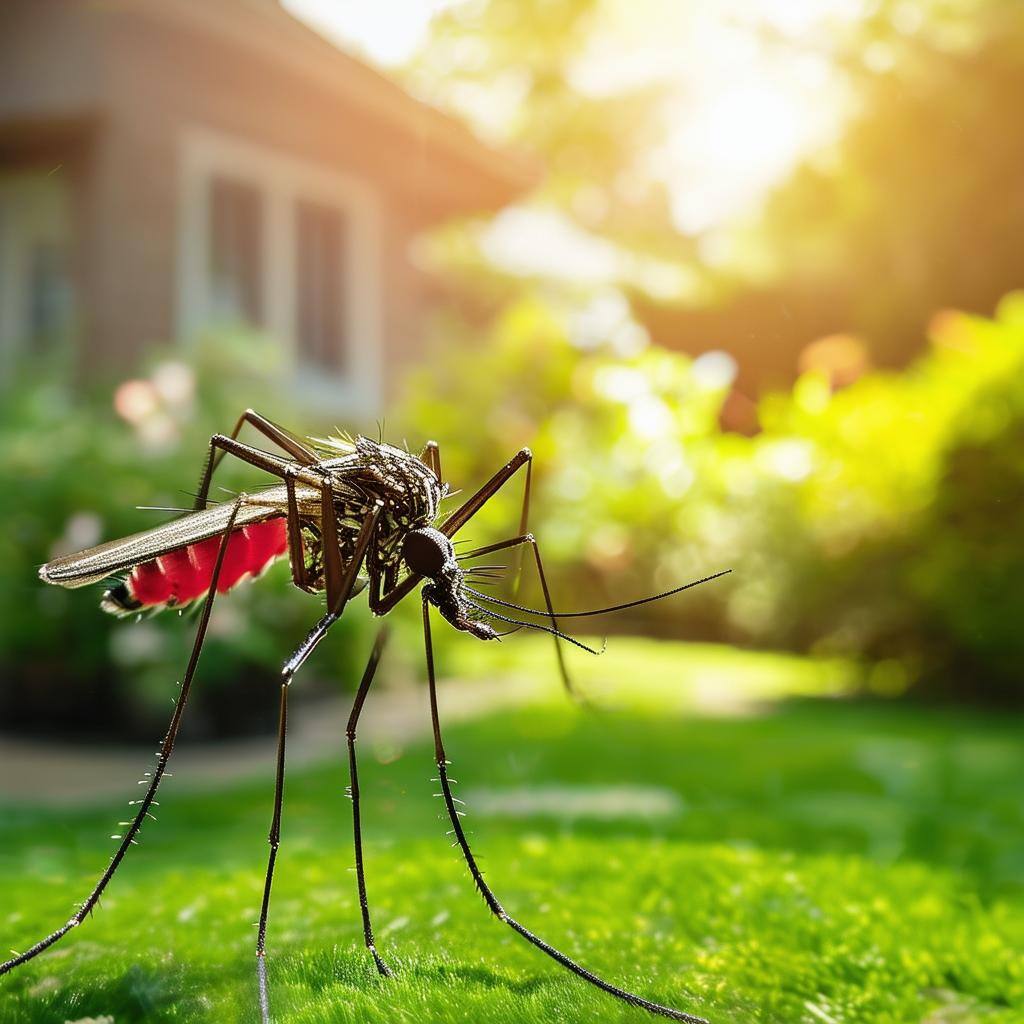
Mosquito Treatment Guide
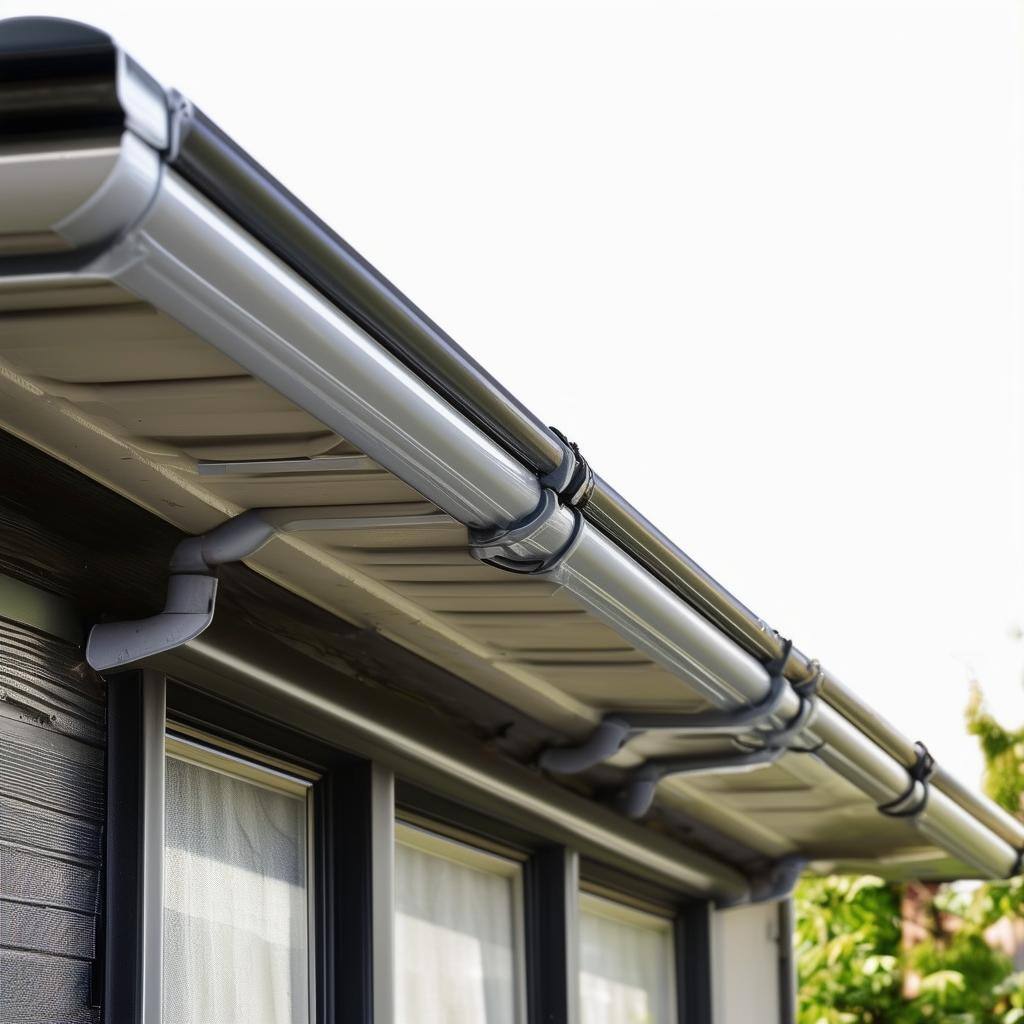
Gutters Guide
